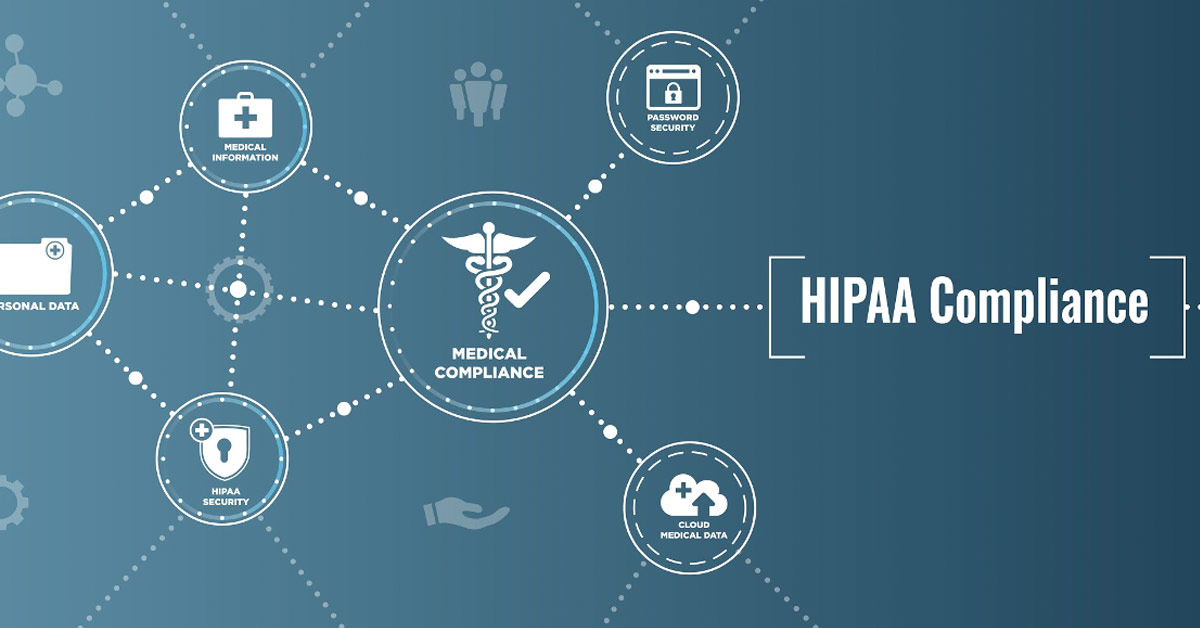HIPAA compliance is a must for any healthcare facility. The federal legislation gives patients greater control over their privacy and assists to keep their data secure. Since technology is evolving at a rapid pace and is constantly changing, it’s vital to ensure that any new system you adopt remains in compliance with the rules set forth by HIPAA.

HIPAA compliance can be a convoluted process particularly for organizations that are still trying to wrap their heads around what HIPAA is and what it means for their business. Health care companies and those that are part of the insurance industry for health care must make sure they are meeting the requirements of HIPAA, even if they feel like they don’t fully understand it. To ensure compliance, it is crucial to go through the regulations and ensure that all procedures are in place. While it can be an overwhelming task, ensuring that you follow the law is essential. Being compliant will result in more secure data privacy and service, as well being able to avoid sanctions. Comprehending the HIPAA regulations and taking appropriate steps can assist companies to ensure they’re following the guidelines required by law.
Although HIPAA’s regulations are rigorous, the focus on proper privacy and security measures is intended to safeguard one of the most important items: information. As the healthcare industry has increasingly transitioned to digital platforms, like Electronic Medical Records (EMR) more protections have become required to prevent any unneeded or unlawful release of patient’s personal information. Although guidelines have been established but it is crucial to make sure that patients adhere to these regulations. Because of this, HIPAA continues to be vigilant about these matters to enhance the security and security.
HIPAA is an important security measure for anyone working in the medical industry and patients whose information is stored. It gives covered entities and business associates (BAs) to have the option to decide whether they should use an addressable execution specification. This choice may depend on a variety of factors such as risk analysis mitigation strategy, existing security measures, as well as the cost of implementation. In making this choice, CEs and BAs could include alternatives that satisfy the objective or skip the measure completely if it’s appropriate in the conditions. HIPAA assists them in making educated decisions about data security and protection, and to achieve a balance between technical safeguards and user control.
HIPAA compliance can bring significant benefits for many companies. Following the rules of the Health Insurance Portability and Accountability Act, (HIPAA), can assist organizations in protecting their patients’, clients as well as their customers’ health information. It ensures that the information is secure and kept in a secure location. Compliance also ensures that individuals’ health information is used only to benefit them as well as the benefit of their healthcare providers. HIPAA compliance allows patients to make informed decisions regarding how their personal health information is managed and used, giving them security that other entities are not allowed to gain access to or alter the information without their permission. HIPAA compliance helps businesses avoid risks to their reputations by preventing legal or financial penalties arising from mishandling of patient data. HIPAA compliance ensures that patients receive a pleasant experience and more secure their medical records that are sensitive.
These are only a few of the many considerations you must take into consideration when implementing HIPAA. The best method to ensure that you are compliant is to be sure you have a good understanding of the law and consult with an expert who can help you interpret it and establish the appropriate systems and procedures in place. The process of achieving full compliance may seem difficult, but it’s crucial to safeguard your patient’s rights as well as ensuring the privacy of their medical records.
For more information, click hitech subtitles
